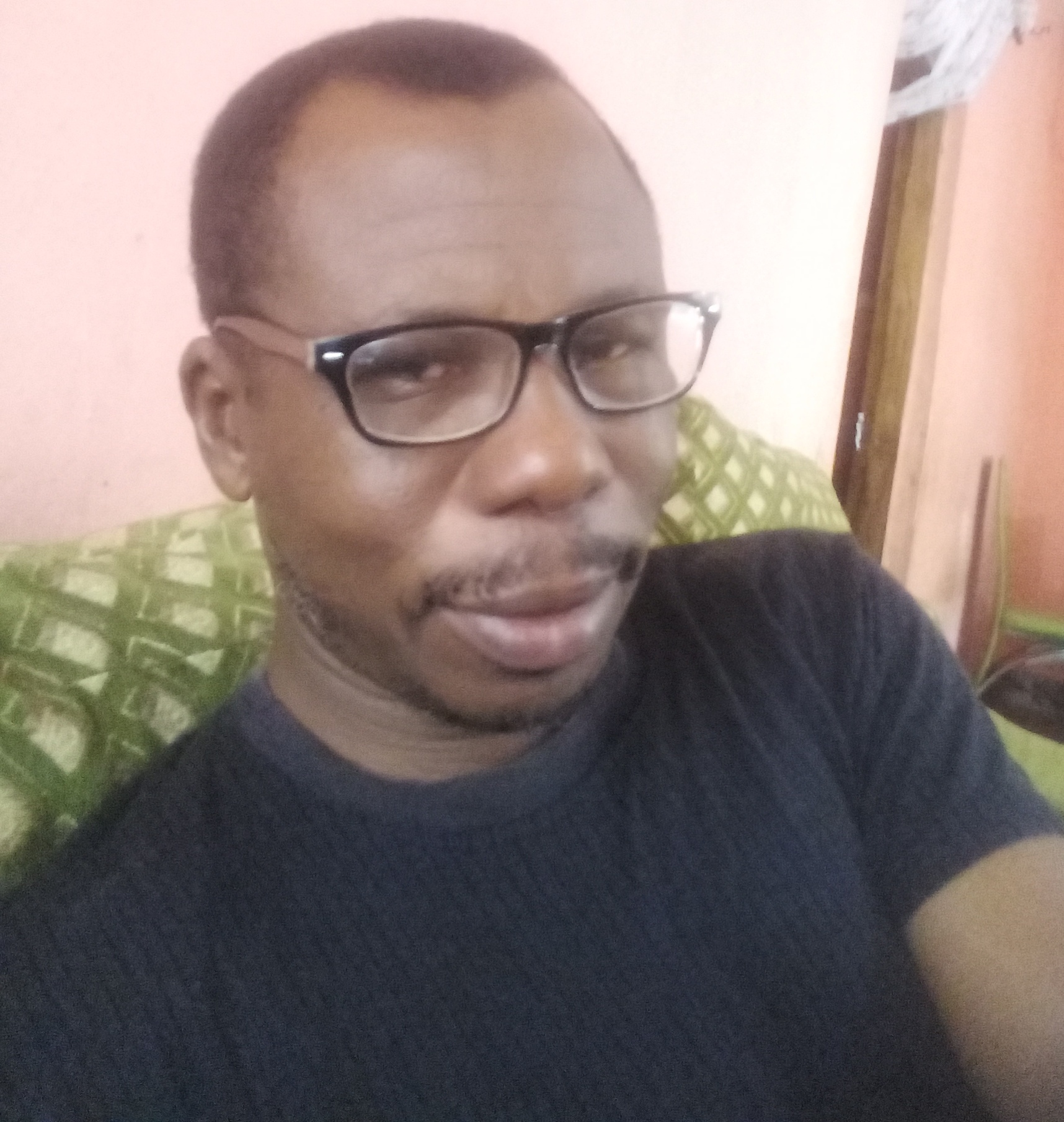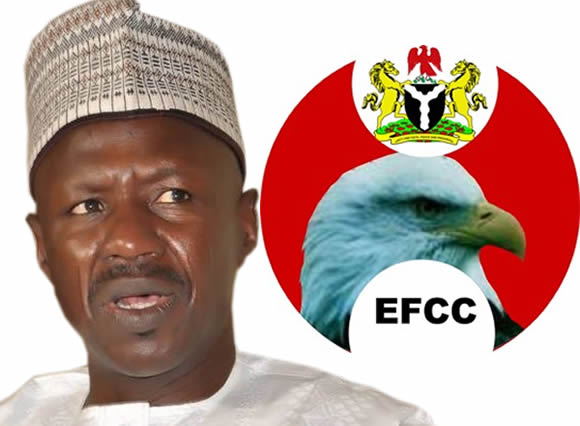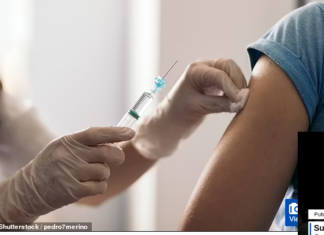By Uche Ugboajah
One of the constitutional amendments that Nigerians have been clamoring for is the separation of the office of attorney-general from the position of minister of justice. For many citizens, the continuous lumping together of the portfolio of attorney general with the minister of justice, a politician, will never improve the administration of justice in the land, strip it of all political encumbrances and in the end make justice delivery truly blind.
Typically, the 8th Senate, a parliament that has earned the notoriety of representing the people only by nomenclature, spectacularly failed the people yet again by voting against that item. Anyway, who expects a Senate that draws a sizable portion of its membership from politicians running from justice to pass such a fundamental law? Yes, this Senate has been reduced to a safe sanctuary for allegedly corrupt former governors, and some ‘crooked’ politicians and business men that can only make the day in court for any professional attorney general, not a politician appointed as minister of justice!
In no other place has the tenuous relationship and contradictions inherent in the continuous merging of the office of the attorney general with a politically biased minister of justice inhibiting the administration of justice than the Economic and Financial Crimes Commission, EFCC. Naturally, the EFCC as a Commission reports to the Attorney General and Minister of Justice. The history of the relationship between the EFCC and its supervisory authority has not been what was envisaged by its founders.
Instead, this relationship has been characterized by power play, intrigues and clash of interests. Except for the pioneer chairman, Nuhu Ribadu, no other chairman of EFCC, has enjoyed the relative independence of the Commission, devoid of the hot breath of the supervisory authority down its shoulders. Even in his wee hours as chairman – when the government that appointed him left office – Ribadu was being subjected to the daily scrutiny of the attorney general who was pursuing his own political interests. Ask Ibrahim Lamorde and Mrs. Farida Waziri, they probably would not have nice things to say about their working relationship with Mohammed Adoke and Michael Aondoakaa, respectively.
This background is perhaps necessary to locate the trajectory of the Special Assistant to the President on Prosecution, Okoi Obono-Obla. The previous week, Obla, as reported in the media accused the Acting Chairman of the EFCC, Ibrahim Magu, and the ICPC Chairman, Mr. Ekpo Nta, of insubordination. Specifically, he alleged that the two heads of anti-corruption agencies had refused to submit to the Attorney General (or is it his National Committee on Prosecution), the case files of more than thirty-five high profile former governors and senators under their investigation.
Obono-Obla who clearly came across as a proxy of the Attorney General not only suggested reporting the EFCC and ICPC Chairmen to the Presidency but equally threatened sanctions against them. Even more troubling is the introduction of subtle blackmail in Obla’s tone by suggesting that the non-submission of the files by the ant-corruption agencies “caused a setback to the anti-graft campaign of the Federal Government” and had led to the loss of some high-profile cases in court recently.
It is reassuring that Obono-Obla, being a critical stakeholder, is worried about the flagging of the anti-corruption war of the Buhari government. Obono-Obla was appointed by a President who wants his fight against corruption to succeed perhaps more than any other policy. Mr. President rightly or wrongly sees the EFCC as presently constituted perfectly suited to lead the onslaught against corruption. That is why despite the rejection of Ibrahim Magu by the Senate on two occasions, President Buhari has insisted that the EFCC Chairman remains his only choice to head the anti-corruption agency.
The earlier, aides of President Buhari understand this position and work towards cooperating rather than weakening the choice of Mr. President at EFCC, the better for all of us in terms of winning this war against a well-fortified enemy. It is interesting to note that the week Obono-Obla, on behalf of the Attorney General, lashed out at Magu requesting for more than thirty-five files from the EFCC, was the same week the Senate voted against splitting the Office of the Attorney General from the Minister of Justice; it was the same week that the Senate within a record one week passed the National Financial Intelligence Unit (NFIU) Act into law seeking to remove it from the EFCC.
More than anything else, the dirty politics within the executive arm apparently to force Ibrahim Magu out of the EFCC, for whatever reason, is responsible for the loss of steam in the fight against corruption. While it is all too easy to blame the Senate for truncating Magu’s confirmation, the Department of State Security, (DSS) provided the fuel with which the Senate used in lynching him.
Now, the Attorney General, using Obono-Obla as a proxy, is literally asking for the keys to the EFFC building because that is what submitting the requested files means. Yes, EFCC must report to the Attorney General and seek clarifications where there are doubts but this whole idea of requesting for the files of high profile politicians under investigation triggers something quite ominous in the land. The last attorney general who made similar demands on the EFCC was Michael Aondoakaa under the presidency of Umar Musa Yar’Adua.
By the time Aondoakaa finished with his abracadabra, Chief James Ibori, the former governor of Delta State, had escaped justice in Nigeria only to be convicted in a foreign country to the shame of our judiciary and the EFCC. Granted, the Attorney General and Obono-Obla may have noble reasons for requesting EFCC to hand over files of high profile politicians under investigation for prosecution, but can they vouch for everyone in their team including their own staff that information will not be traded this time around? And mind you, in two years’ time another general election is due and politicians are getting ever so desperate.
There is no doubt that Obono-Obla is passionate about fighting corruption and wants successful prosecution of suspects in court. Indeed, he publicly speaks forcefully about this. Yet sometimes without knowing it, we sabotage the very projects we pursue with our own hands. Obono-Obla has been here and everywhere throwing his weight around; he is constantly getting on the nerves of his colleague lawyers who disagree with his viewpoint; he goes about castigating judges for taking sides with ‘corrupt people’ in explaining some of the losses the government has suffered in the courts. If he thinks this attitude helps in the anti-corruption war he is dead wrong.
What will help though is to use his Committee to strengthen the EFCC; not by making himself a willing tool in an orchestrated plan that may end up undermining EFCC operations.














